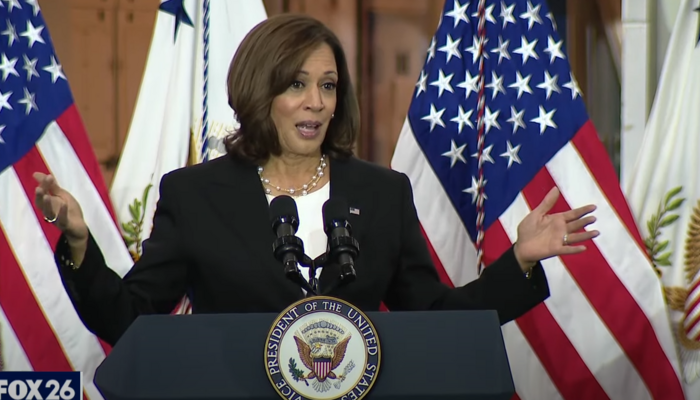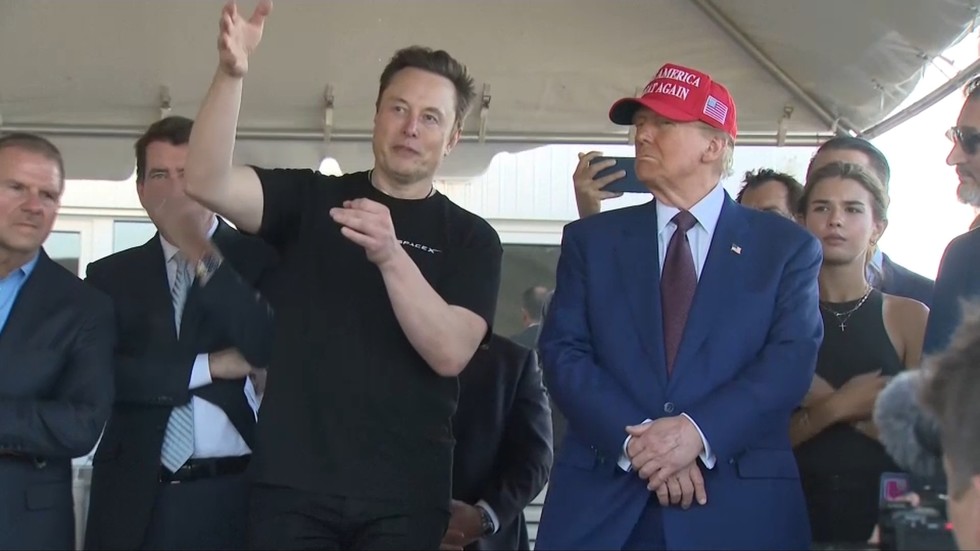Domestic passenger vehicle sales could touch a record level of nearly 40 lakh units this year on strong demand and companies finding ways to enhance production despite semiconductor shortage, a senior Maruti Suzuki India official said on Monday.
Even as the chip shortage issue has improved compared to a year back, the industry is estimated to have a pending order of around 7.5 lakh units of passenger vehicles with Maruti Suzuki India alone having around 4.18 lakh units, company Senior Executive Officer, Marketing and Sales, Shashank Srivastava told PTI.
‘I think it would be slightly below 4 million (units mark). At the moment the projections are that in January-September, maybe we should be touching like 2.8 or 2.9 million,’ he said when asked about the sales prospects of passenger vehicles in the domestic market in 2022.
He further said,’In three months time, that is October, November, December – if we get let’s say one million more, then we should be around that 3.8 to 3.9 million units.’ This, Srivastava said would be a record for a calendar year. The previous best was recorded in 2018 with 33,94,712 units followed by 32,29,672 units in 2017 and 30,82,421 units 2021.
One of the key factors for such a record this year, he said, is that the economy is back on the growth path.
‘There is a big correlation between vehicle sales and economic growth. The economic growth is projected to be 7 per cent plus after two years of not so good growth because of Covid-19,’ Srivastava added.
Also, he said due to the pandemic, there was an increase in demand for personal mobility but companies were unable to supply due to the semiconductor shortage challenges and order kept cumulated.
For MSI alone, Srivastava said the current pending booking is at 4.18 lakh units and for the industry it is estimated to be around 7.5 lakh units.
The company’s vehicles such as the Ertiga, Brezza, Baleno and the XL6 continue to have long waiting periods, extending up to six months, he said adding new SUV Grand Vitara, for which the price is yet to be announced, has already received around 52,000 bookings out of which nearly 25,000 are for strong hybrid variant.
‘So, as the semiconductor issue eases and production increases, those vehicles can be immediately sent out,’ he added.
A third factor for increase in sales is also a good traction in almost all segments, some of which had stopped during the peak of the pandemic.
‘For example, fleet or taxis, those segments also have started coming back again as the rate of COVID-19 starts to taper down,’ Srivastava added.
Asked about the current impact of semiconductor shortage on Maruti’s production, he said, ‘While we have increased the production level and is going up all the time, the current issues are model specific.’ He further said, ‘For the domestic market we are doing 94-95 per cent of capacity.’ On the outlook of chip availability, Srivastava said there is a limited visibility of semiconductor supply going forward.
‘We come to know on a periodic basis maybe on a weekly or a fortnightly basis and that is why to give forward predictions and give definitive timelines is a little difficult,’ he added.















